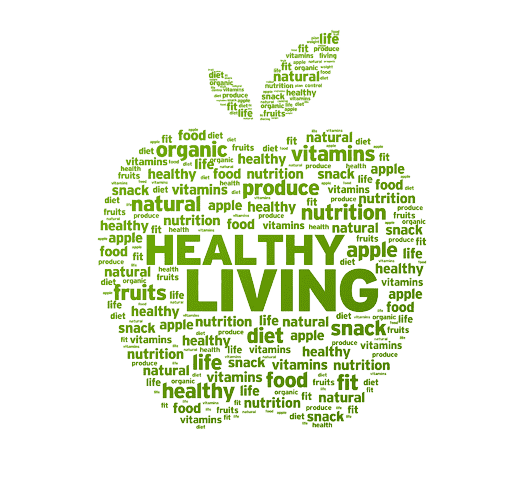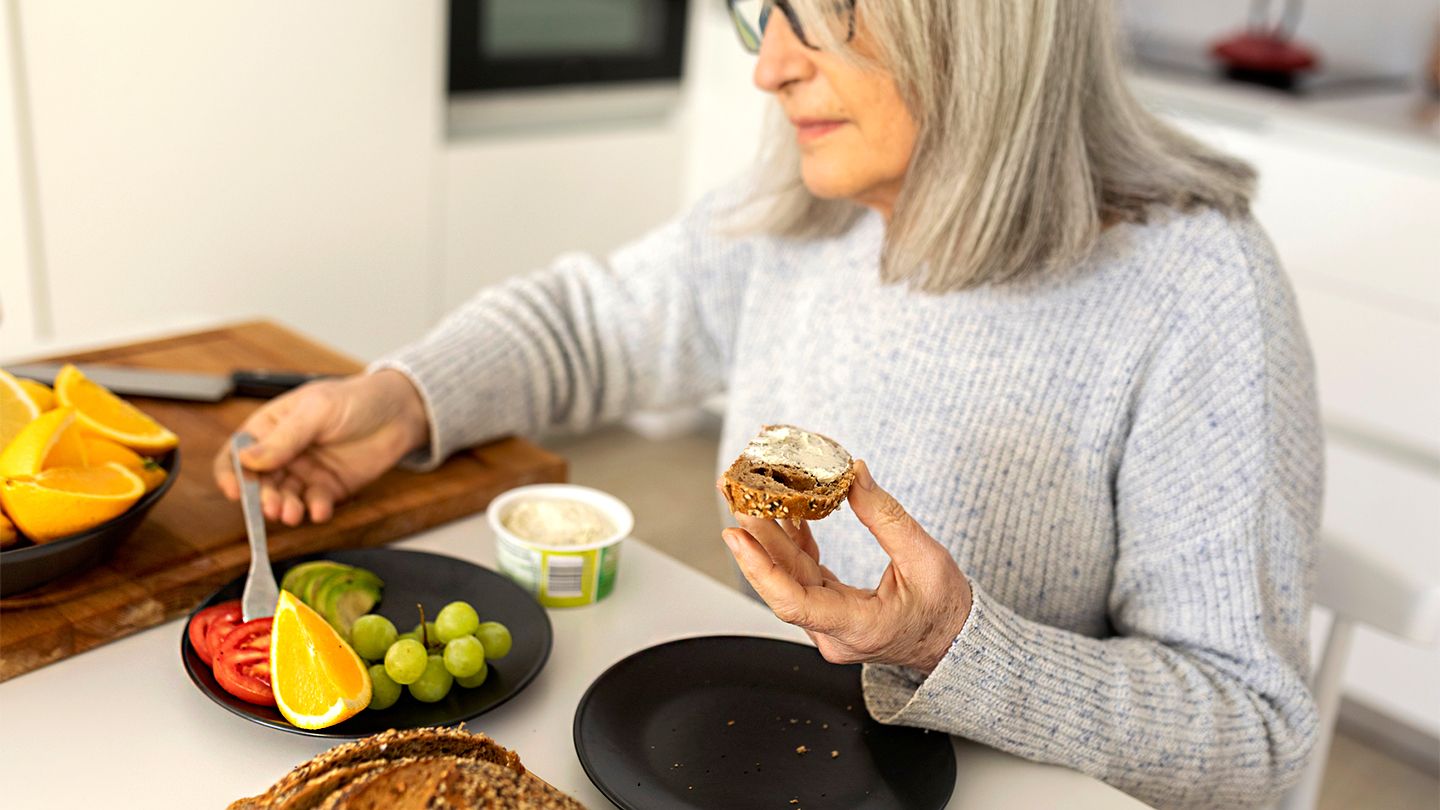Losing weight can become more challenging after the age of 30 due to various factors such as a busier lifestyle, sedentary habits, and unhealthy eating patterns. However, it is still possible to achieve a leaner and healthier body with the right approach. In this article, we will explore five healthy eating habits recommended by Laura Burak, MS, RD, to promote rapid weight loss after the age of 30. These habits include consuming quality, whole foods, limiting added sugar, eating enough throughout the day, meal prepping, and practicing mindful eating. Incorporating these habits into your daily routine can help you shed unwanted pounds and improve your overall well-being.
Consume quality, whole foods:
Establishing a foundation of quality plant-based foods is essential for rapid weight loss after 30. Focus on consuming fresh vegetables, fruits, seeds, nuts, heart-healthy oils, potatoes, lentils, beans, and lean proteins like fish, eggs, and poultry. These foods are rich in dietary fiber, low in calories, and provide essential nutrients to support weight loss. Increasing fruit and vegetable intake has been shown to be effective in promoting weight loss, as they help you feel fuller for longer and prevent overeating. Make sure to incorporate a variety of these foods into your meals to ensure a well-rounded and nutritious diet.
Limit the amount of added sugar in your diet:
Added sugar can sabotage your weight loss efforts, especially as you get older. Excess consumption of added sugars has been linked to weight gain and an increase in belly fat. To support rapid weight loss after 30, it’s important to limit your intake of added sugars. Be mindful of hidden sources of added sugars in processed and packaged foods, such as pastries, baked goods, soda, and candy. Reading food labels can help you identify these sources and make informed choices. Opt for natural sweeteners like fruits or spices instead of relying on processed sugars. By reducing your added sugar intake, you can decrease your calorie consumption and promote healthier weight management.
Ensure you’re eating enough during the day:
It’s a common misconception that skipping meals or severely restricting calories leads to weight loss. However, this approach can backfire and actually hinder your progress. When aiming for rapid weight loss after 30, it’s crucial to provide your body with adequate fuel throughout the day. Depriving yourself of calories during the day and overeating at night can disrupt your metabolism and lead to weight gain. Focus on balanced meals and snacks that provide a mix of macronutrients, including carbohydrates, proteins, and healthy fats. Eating enough during the daytime hours helps regulate your hunger, prevent overeating later in the day, and supports stable blood sugar levels. Prioritize regular meals and snacks that keep you energized and satisfied throughout the day.
Meal prep:
Meal prepping is a valuable strategy for weight loss after 30. By planning and preparing your meals in advance, you can ensure that you have nutritious options readily available and avoid making impulsive, unhealthy food choices. Set aside time each week, such as on a Sunday, to plan your meals and cook in bulk. Portion out your meals into individual containers for easy grab-and-go options during the week. Meal prepping allows you to have better control over your portion sizes and the ingredients in your meals. According to research, meal planning and preparation at home are associated with improved diet quality and a decreased likelihood of obesity. By having healthy meals readily available, you’ll be less likely to rely on fast food or processed options when you’re busy or on the go.
Practice mindful eating:
In our fast-paced lives, it’s common to eat quickly and mindlessly, which can lead to overeating and weight gain. Practicing mindful eating can help you regain control over your eating habits and support weight loss after 30. Take the time to sit down, savor your meals, and pay attention to your body’s hunger and fullness cues. Minimize distractions such as television or scrolling through your phone while eating. Engage your senses by appreciating the flavors, textures, and aromas of your food. By slowing down and being present during meals, you can improve digestion, prevent overeating, and develop a healthier relationship with food. Mindful eating also allows you to enjoy and appreciate the nourishment that food provides, leading to a more balanced and sustainable approach to weight loss.
Rapid weight loss after 30 is achievable by adopting healthy eating habits. Consuming quality, whole foods, limiting added sugar, eating enough throughout the day, meal prepping, and practicing mindful eating are effective strategies for shedding unwanted pounds and improving overall well-being. These habits support a balanced and nutrient-dense diet while promoting sustainable weight loss. Remember to listen to your body’s cues, prioritize nourishing foods, and create a positive and mindful eating environment. By incorporating these habits into your lifestyle, you can achieve your weight loss goals and maintain a healthy weight beyond your 30s.





